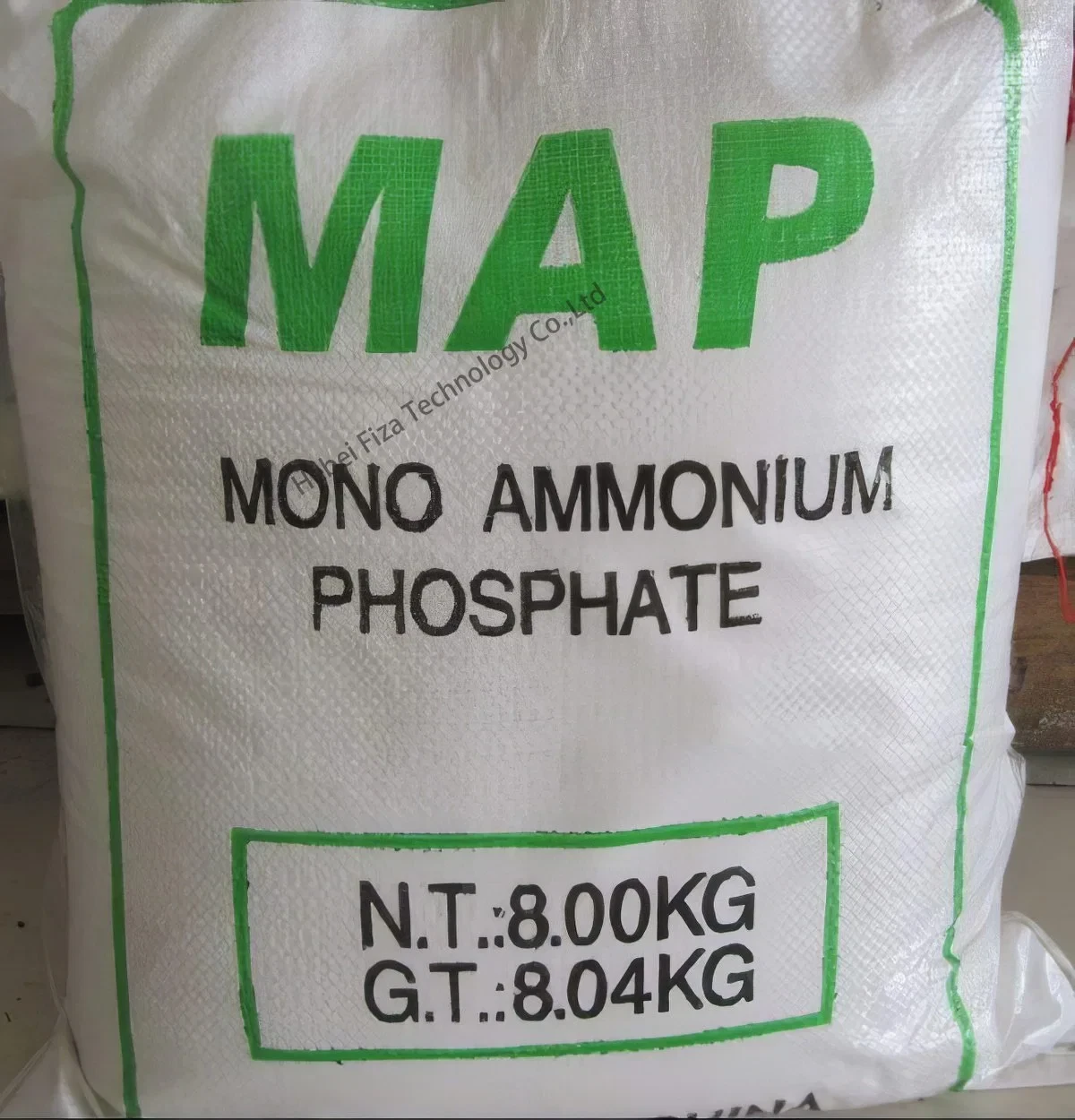



strontium chloride use
The Uses of Strontium Chloride A Versatile Chemical Compound
Strontium chloride, a chemical compound with the formula SrCl2, is a white, crystalline salt that has various applications across multiple industries. Known for its distinctive properties and relative stability, strontium chloride has garnered attention in fields ranging from medicine to pyrotechnics. This article delves into the diverse uses of strontium chloride, highlighting its significance and versatility.
1. Medical Applications
One of the most notable uses of strontium chloride is in the medical field, particularly in dental treatments. Strontium chloride hexahydrate (SrCl2·6H2O) is employed in desensitizing agents for dentin hypersensitivity. When applied to sensitive teeth, it helps to block the nerve endings in the dental tubules, thereby reducing pain and discomfort. This application is particularly beneficial for individuals who experience pain due to cold, hot, or sweet stimuli. Additionally, strontium compounds are being researched for their potential in improving bone health. Strontium ranelate, a medication derived from strontium, has been used to treat osteoporosis, enhancing bone density and reducing fracture risk.
2. Pyrotechnics
Strontium chloride is well-known for its vibrant red flame when burned, making it a popular choice in the pyrotechnics industry. Fireworks manufacturers often use strontium compounds to produce brilliant red colors in displays. The striking hue not only adds aesthetic value but also serves as a visual cue in various celebrations and events. The compound’s stability and ability to produce bright colors make it a staple in the fireworks industry.
3. Chemical Synthesis
strontium chloride use

In chemical synthesis, strontium chloride is utilized as a precursor for the production of other strontium compounds. It can be employed in various reactions and processes to create strontium-containing materials. For instance, strontium chloride is used to make strontium carbonate and strontium sulfate, both of which have their respective industrial applications. The versatility of strontium chloride in chemical synthesis underscores its importance in the production of materials used in everything from ceramics to glass manufacturing.
4. Analytical Chemistry
Strontium chloride also plays a role in analytical chemistry. It is used in the preparation of calibration standards for various analytical techniques. Strontium ions can be analyzed using methods such as atomic absorption spectroscopy and inductively coupled plasma spectroscopy. Accurate measurements of strontium content in samples are essential for environmental monitoring, quality control in manufacturing, and various research applications.
5. Other Industrial Uses
In addition to the aforementioned applications, strontium chloride is utilized in the production of certain types of glass and ceramics. When added to glass formulations, it can enhance the optical properties and improve the strength of the final product. Strontium chloride also finds applications in the textile industry, where it is used in dyeing processes.
Conclusion
Strontium chloride is a compound with a wide range of applications that highlight its versatility and significance in various fields. From its important role in medical treatments for dental hypersensitivity and osteoporosis to its captivating use in fireworks and chemical synthesis, strontium chloride demonstrates its value both in everyday life and in industrial processes. As research continues, new applications may emerge, further expanding our understanding and utilization of this remarkable compound. Whether in the realm of medicine, pyrotechnics, or industrial manufacturing, strontium chloride remains a vital chemical that contributes to advancements and innovations across multiple sectors.
-
Why Sodium Persulfate Is Everywhere NowNewsJul.07,2025
-
Why Polyacrylamide Is in High DemandNewsJul.07,2025
-
Understanding Paint Chemicals and Their ApplicationsNewsJul.07,2025
-
Smart Use Of Mining ChemicalsNewsJul.07,2025
-
Practical Uses of Potassium MonopersulfateNewsJul.07,2025
-
Agrochemicals In Real FarmingNewsJul.07,2025
-
Sodium Chlorite Hot UsesNewsJul.01,2025










